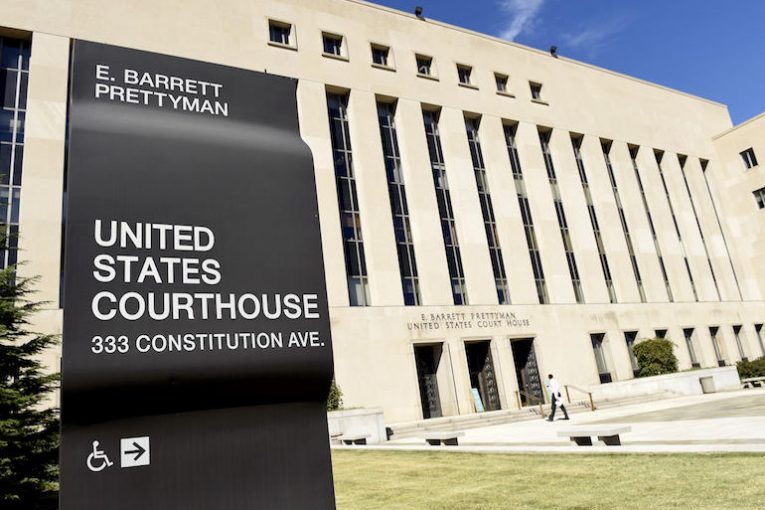

By Ankita Joshi
WASHINGTON D.C. – The Foreign Intelligence Surveillance Court (FISC) established by Congress in 1978 for authorizing the rules on the legality of government surveillance has come under criticism by the ACLU and other civil rights groups for withholding its decisions from the public.
Motions have been filed against the proceedings of FISC for almost a decade under the premise that the First Amendment requires the FISC to make its legal opinions public. However, during September/November of last year the FISC ruled against that argument.
The ACLU, Knight First Amendment Institute at Columbia University, the Media Freedom and Information Access Clinic at Yale Law School, and former Solicitor General Theodore B. Olsen filed a petition this week asking the Supreme Court to review FISC’s ruling.
Previously, the FISC’s role was limited, but with the rapid advancement of technology, as well as legislative changes, the role was expanded to include evaluations of broad surveillance programs.
These surveillance programs include collections of emails, phone records, and internet browsing data. Of course the surveillance of this data has deep implications for American’s privacy  rights.
rights.
Patrick Toomey, senior staff attorney at the ACLU’s National Security Project commented on the profound implications that the FISC has on the individual’s privacy rights.
“Americans’ privacy rights rise or fall with the court’s decisions, which increasingly apply outdated laws to the new technologies we rely on every day. These opinions are the law and they should be public, not kept hidden where only a secret court and the government know what they mean for our rights,” stated Toomey.
In 2015, when the Freedom Act was passed, the Congress required the government to review significant FISC opinions for public release, but those reviews are solely conducted by executive branch officials, not by a court.
And since the Freedom Act was passed in June 2015, the government has also refused to conduct any reviews on opinions that had been issued prior to that date. Thus, all opinions issued prior to June 2015 have been entirely withheld from the public.
“It’s crucial to the legitimacy of the foreign intelligence system, and to the democratic process, that the public have access to the court’s significant opinions,” opined Theodore B. Olsen, previous solicitor general under President George W. Bush, and now serves on Knight Institute’s board.
The opinions held by those who filed the petition carry that “it’s simply untenable” to hold FISC accountable if the review of the court’s opinions are solely to be done by the executive branch.
The motion filed on April 19 asks the Supreme Court to review decisions that FISC issued during September/November of last year, which ruled that courts lack jurisdiction to consider whether the First Amendment guarantees the public a qualified right to access FISC’s opinions.
The positives of having the disclosure of the FISC’s opinions include “increas[ing] the public’s education about government activity that affects individual rights, allow[ing] other courts to engage with FISC’s rulings, and increas[ing] the perceived legitimacy of the FISC and its surveillance,” all of which are included in the petition.
While it is necessary for some redactions that satisfy First Amendment standards, “Public access to these opinions will allow the public to better understand what the court has authorized and what the surveillance agencies are doing,” said Jameel Jaffer, executive director of Knight Institute.
The petition claims that the FISC is not exempt from First Amendments rules that apply to other courts.
 Ankita Joshi is a second-year student at the University of San Francisco, pursuing a major in International Studies and a minor in Political Science. She is originally from Sacramento, CA.
Ankita Joshi is a second-year student at the University of San Francisco, pursuing a major in International Studies and a minor in Political Science. She is originally from Sacramento, CA.
To sign up for our new newsletter – Everyday Injustice – https://tinyurl.com/yyultcf9
Support our work – to become a sustaining at $5 – $10- $25 per month hit the link: